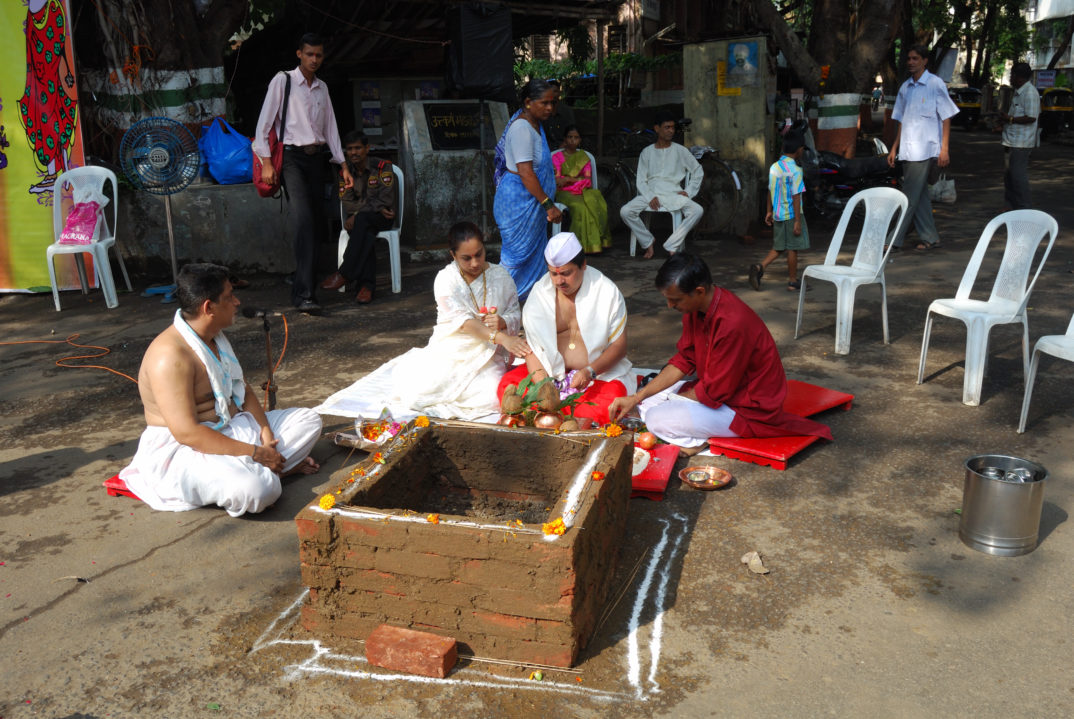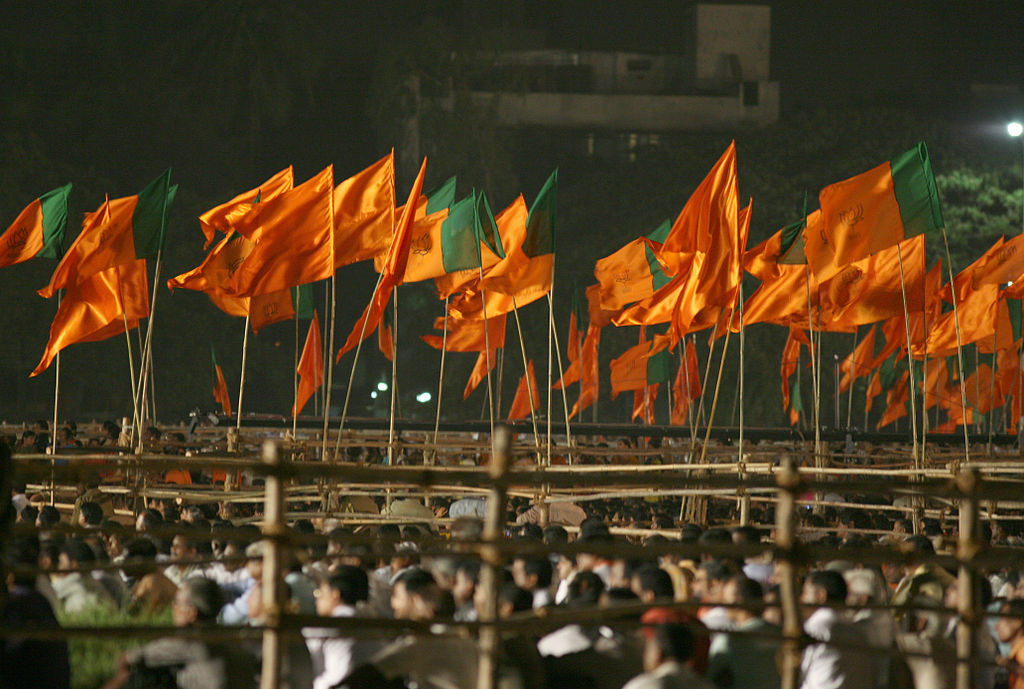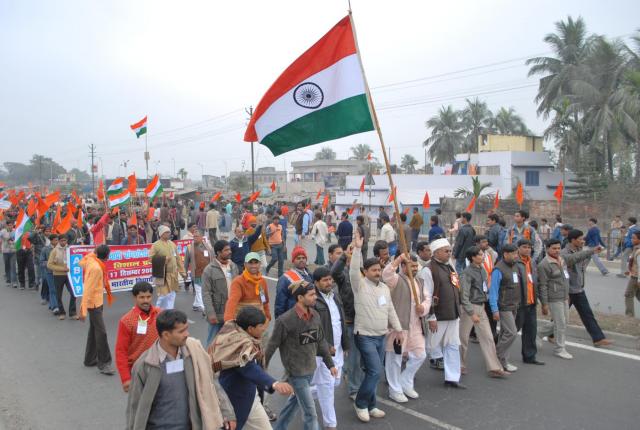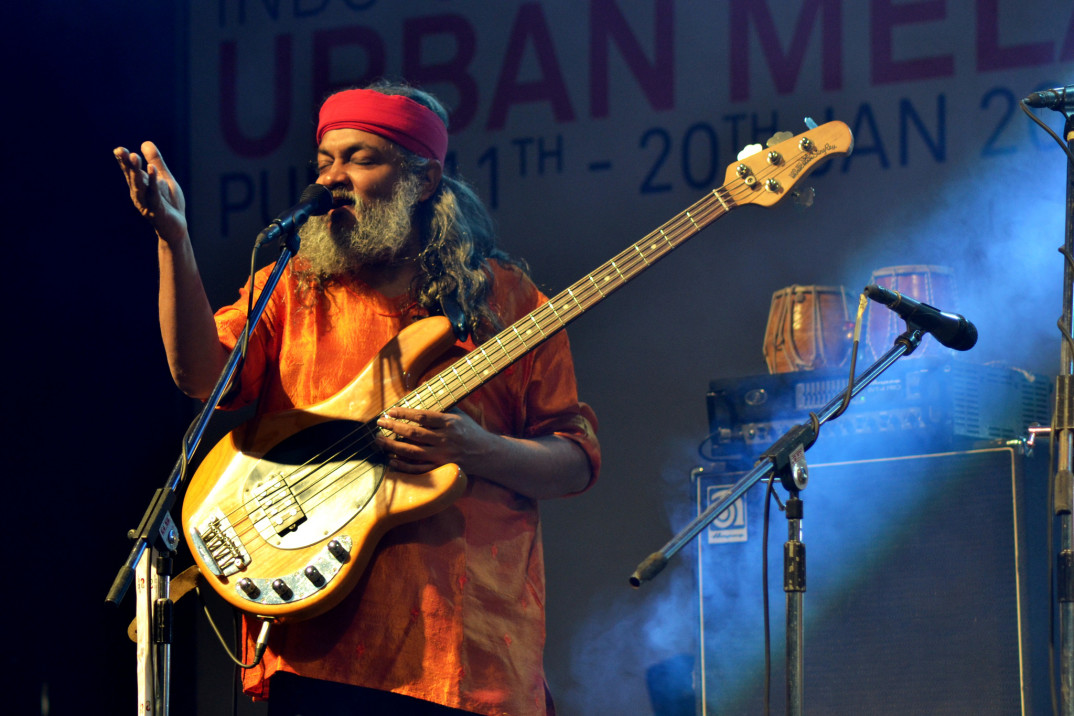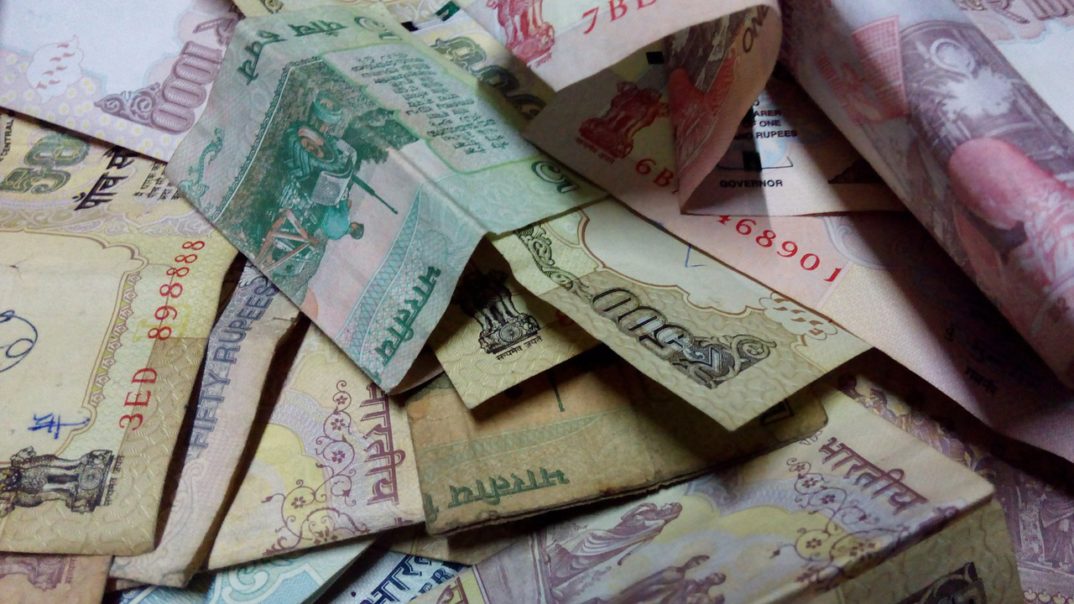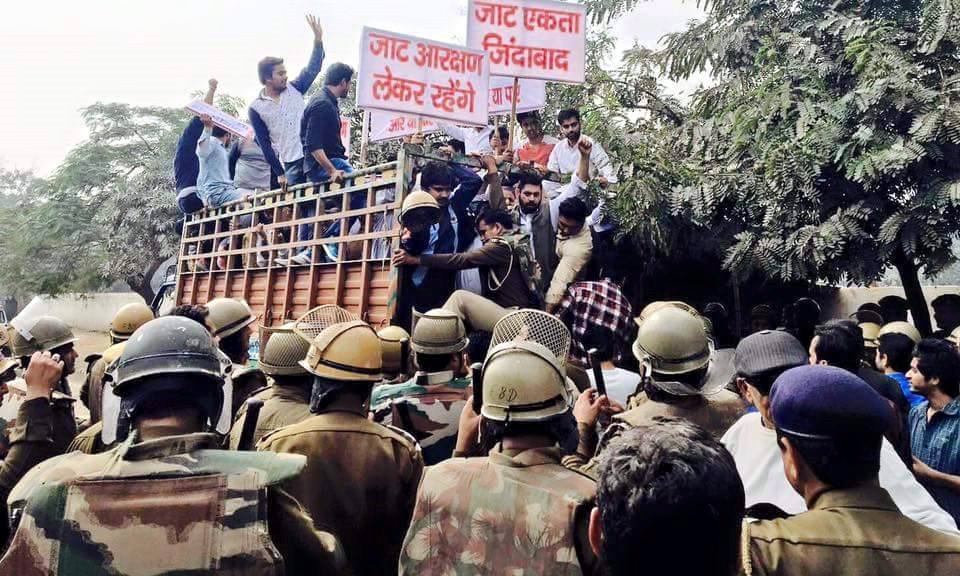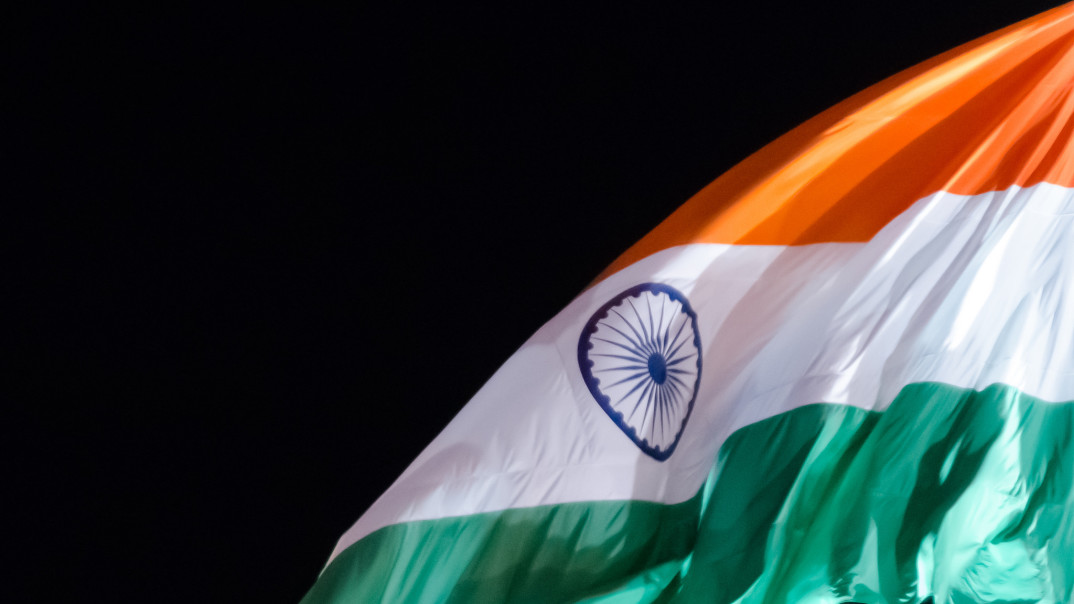In the Indian state of Gujarat, Navratri, or “Nine Nights,” is in full swing with festivals and celebrations to mark the nine sacred days of the year in the Hindu faith. One of Hinduism’s most auspicious holidays, Navratri is dedicated to Maa Durga, with nine days of activities to celebrate each of the goddess’s avatars. However, this Navratri has not been completely tranquil, with a billboard ad campaign causing waves of controversy. The billboard featured Bollywood actress Sunny Leone smiling coyly, with the tagline “This Navratri, play, but with love.” The slogan is accompanied by a pair of dandiya sticks and the logo for the condom brand, Manforce.
Continue reading “Using Religion to Sell Sex: A Navratri-Themed Condom Ad”

